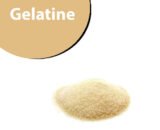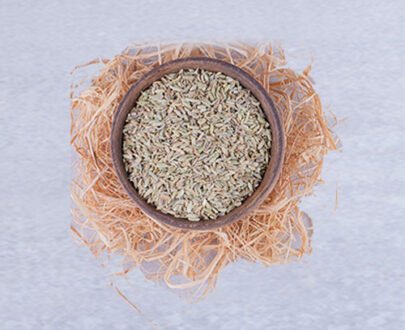Ginger Organic Natural
Ginger: Ginger is a flowering plant whose rhizome, commonly referred to as ginger root or simply ginger, is widely used as a spice and for its medicinal properties. It has a long history of use in various cultures, especially in Asian and Indian cuisines, where it is valued for its distinctive flavor and potential health benefits.
Key characteristics and uses of ginger:
1. Flavor and Aroma:
Ginger has a unique and spicy-sweet flavor with a hint of citrus and a warm, peppery aroma. It can be used both in sweet and savory dishes.
2. Culinary Uses:
It is a versatile spice used in a wide range of dishes, including curries, stir-fries, soups, marinades, and baked goods.
In many Asian cuisines, ginger is a fundamental ingredient and is often combined with garlic and onions to form the flavor base of many dishes.
It is also used to make beverages like ginger tea and ginger ale.
3. Medicinal Benefits:
Ginger has been used for centuries in traditional medicine for its potential health benefits. It is believed to have anti-inflammatory, antioxidant, and digestive properties.
Ginger is often used to alleviate nausea, motion sickness, morning sickness during pregnancy, and digestive discomfort.
4. Forms of Ginger:
Fresh Ginger: The most common form, it is the rhizome of the ginger plant. It can be peeled, grated, sliced, or minced before use.
Ground Ginger: Dried ginger that has been ground into a fine powder. It is a convenient spice for baking and cooking.
Ginger Extracts and Supplements: Available in various forms, including capsules, oils, and tinctures, for medicinal use.
5. Other Uses:
Ginger essential oil is used in aromatherapy and for its potential therapeutic benefits.
Ginger is sometimes used as a flavoring in candies and sweets.
6. Side Effects:
While ginger is generally considered safe when consumed in moderate amounts, excessive ginger consumption or ginger supplements may cause side effects such as heartburn or gastrointestinal discomfort.
People taking certain medications or with specific medical conditions should consult a healthcare professional before consuming large amounts of ginger.
Ginger is a popular and versatile spice that adds depth and warmth to a wide variety of dishes. Its potential health benefits make it a valuable ingredient in both culinary and traditional medicine practices.Here are the approximate nutritional values for 100 grams of fresh ginger:
Energy: 80 kcal
Protein: 1.82 grams
Carbohydrates: 17.77 grams
Sugar: 1.7 grams
Dietary Fiber: 2 grams
Fat: 0.75 grams
Saturated Fat: 0.2 grams
Monounsaturated Fat: 0.15 grams
Polyunsaturated Fat: 0.5 grams
Cholesterol: 0 mg
Sodium: 13 mg
Potassium: 415 mg
Calcium: 16 mg
Iron: 0.6 mg
Magnesium: 43 mg
Phosphorus: 34 mg
Vitamin C: 5 mg (8% Daily Value)
Vitamin B6 (Pyridoxine): 0.16 mg (8% Daily Value)
These nutritional values are approximate and can vary depending on the freshness, variety, and growing conditions of the ginger. Ginger is a low-calorie food source and contains important vitamins and minerals such as vitamin C, potassium, and magnesium. Additionally, ginger is known for its health benefits, including its antioxidant and anti-inflammatory properties.












Customer reviews
Reviews
There are no reviews yet.
Write a customer review